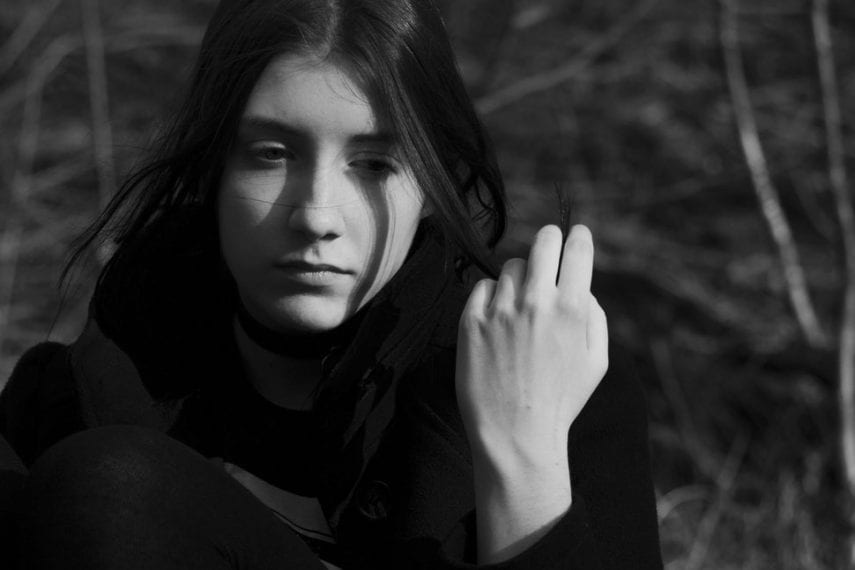Overcoming Loss: Allowing Yourself To Grieve In Order to Prevent and Heal

We all know what being sad feels like: tears running down cheeks, couch or bedridden afternoons, general quiet malaise. Although humans are designed to experience a plethora of varying emotions, it is easy to categorize other similar feelings under the same umbrella–which can prevent true healing from taking place. In the case of losing a loved one, there is no way to adequately express the range of feelings felt, but there is one that simply must not be overlooked or dismissed.
Grief. Deeper and more complex than general sadness or sorrow, grief is usually associated with intense loss–like the death of a family member, friend, or close acquaintance. Because losing a loved one is such a traumatic experience to begin with, it is easy to be overwhelmed with everything going on both externally and internally; when the intensity of grief is pushed aside because it is simply too painful, it can eventually cause a downward spiral and lead to an even greater sense of loss.
When grief becomes something more
My parents divorced when I was about 11 years old. Micheal, my younger brother, was about 5 at the time–and as far as he knew, “everything was going to be okay.” For any child, a divorce is a complicated and impossible thing to truly understand, and can sometimes leave a host of questions unanswered. My parents didn’t explain much; in fact, they never explained much at all. Where my coping mechanism became loud music through the headphones of my Walkman, my brother’s untouched and lasting grief eventually turned into experimentation with prescription pills, marijuana, and lead to an intense journey with substance abuse that he is still navigating.
While we didn’t physically lose a parent, the grief that followed and sometimes resurfaces was and is still extremely painful. For those that are coping with a physical death, that grief is of even higher importance to deal with. The connection between loss, bereavement, grief, and addiction has long been recognized: the one suffering the loss, unable to handle the overwhelming emotional burden alone, may turn to prescription drugs, excessive alcohol use, or cannabis to ease the pain. It feels better; it feels calmer; it feels manageable. What happens, though, is that the afflicted then pushes those complex emotions down deeper–creating a hole that can only be filled by an even stronger substance.
Hope is Just a Phone Call Away
866-922-1350Hope for healing
Death is a natural part of life–everyone must deal with it, which means there are many resources and support systems to help you with overcoming loss and navigating your way through your feelings. Because there are many variations and stages of the grieving process, it is important that you find treatment and support that works best with your personal experience of loss. This may mean group therapy with others who have experienced similar losses; it may mean a creative form of individualized therapy like art or music; it may mean a more intense, comprehensive treatment for an extended period of time–especially if you’re already slowly slipping into drug or alcohol abuse to cope.
When left to its own devices, grief can take over what you think, how you feel, and what you do. The pain seems too much to cope with, and even for those who want to feel better, it is hard to know where to begin your healing journey. Self-medicating and pushing difficult feelings away will only make your healing process longer and more difficiult–but your symptoms of grief and subsequent addictions or disorders are highly treatable. There is hope.
Dealing with the loss of a loved one can seem impossible–but there is a way to move forward. Alta Mira and its compassionate, qualified staff will work together with you to not only help you heal, but prevent the negative effects of unresolved grief’s addictions. If you have lost a loved one and are struggling with addiction, contact us today.






